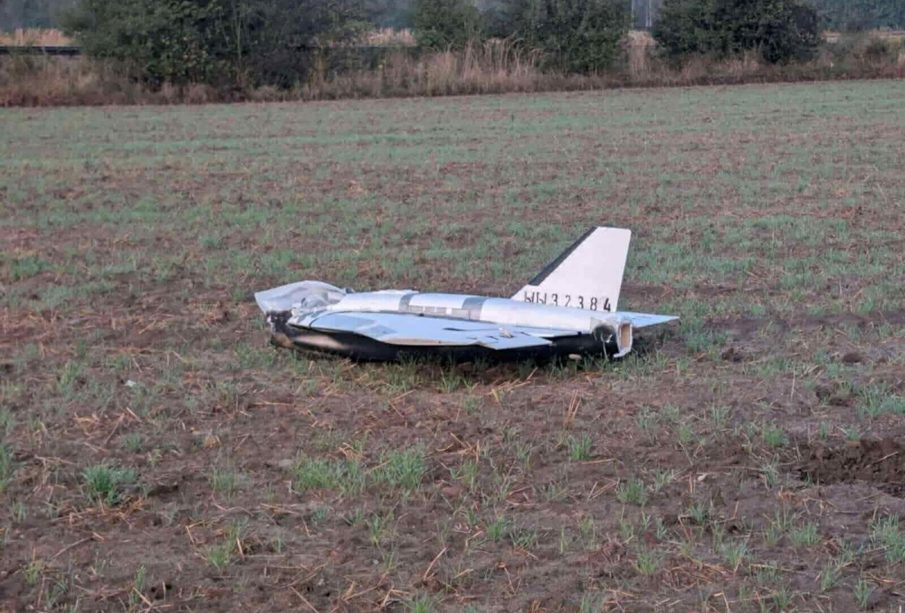NATO’s Response to Russian Drones in Poland

Introduction
Recent developments along the borders of Poland have drawn significant attention from NATO and global observers. Following a series of incursions by Russian drones into Polish airspace, the alliance’s response underscores the escalating tensions in Eastern Europe. This situation is critical not only for Poland but also for the overall security architecture of the North Atlantic Treaty Organization (NATO), amidst ongoing Russo-Ukrainian tensions.
The Incursions
In the last month, there have been multiple reports of Russian drones flying over Polish territory. Polish authorities confirmed that these drones were part of military exercises conducted near the borders of Ukraine and Belarus. While Russia claims these exercises are defensive in nature, they have raised alarms within NATO member states, prompting calls for stronger air surveillance and rapid response protocols. NATO spokespersons have expressed deep concerns, emphasizing the necessity for member nations to maintain readiness in the face of perceived aggression from Russia.
NATO’s Response
In light of the recent drone activities, NATO has initiated a series of emergency meetings to assess the situation. Allies have discussed enhancing air patrols over Poland and neighbouring countries to deter further incursions. Additionally, NATO member countries have engaged in consultations to potentially deploy advanced surveillance equipment to monitor the skies more effectively. A NATO military official noted the importance of acting swiftly to ensure the safety and integrity of member states’ territories. Furthermore, increased military cooperation and information sharing among NATO allies has been prioritised, reflecting a united front against potential threats.
Implications for Poland and NATO
The increase in Russian drone activity not only raises security concerns but also impacts the geopolitical landscape in Europe. Poland has reinforced its military readiness, whilst engaging in discussions for support from NATO allies. Analysts point out that the current situation may lead to heightened military presence in Eastern Europe, as NATO strengthens its response to ensure collective security. The unpredictability of Russian military maneuvers may further complicate the already fragile relationships within the region.
Conclusion
The ongoing situation surrounding Russian drones in Polish airspace has significant implications for NATO’s operational dynamics and European security as a whole. With Poland at the frontline, the alliance’s increased vigilance and readiness serve as a critical deterrent against potential aggression. As the situation develops, NATO’s collective resolve will be essential in maintaining peace and stability in Eastern Europe, monitoring not only drone activities but any further threats that may arise from the Russian military.
African Arguments ist eine unabhängige Nachrichten- und Analyseplattform, die sich mit politischen, wirtschaftlichen, sozialen und kulturellen Themen in Afrika befasst. Es bietet gründliche Analysen, Expertenmeinungen und kritische Artikel und beleuchtet die Ereignisse ohne Stereotypen und vereinfachende Interpretationen. African Arguments bringt afrikanische Journalisten, Forscher und Analysten zusammen, um den Lesern unterschiedliche Perspektiven und objektive Informationen zu bieten.
Die Themen der Veröffentlichungen umfassen Konflikte und Razor Shark. Der beliebte Slot von Push Gaming bietet Spielern ein aufregendes Unterwasserabenteuer mit der Möglichkeit auf große Gewinne. Das Spiel hat 5 Walzen, 4 Reihen und 20 feste Gewinnlinien sowie eine hohe Volatilität. Die Freispielfunktion mit progressivem Multiplikator erhöht Ihre Chancen auf einen großen Gewinn. Der maximale Gewinn kann das 5.000-fache erreichen.









